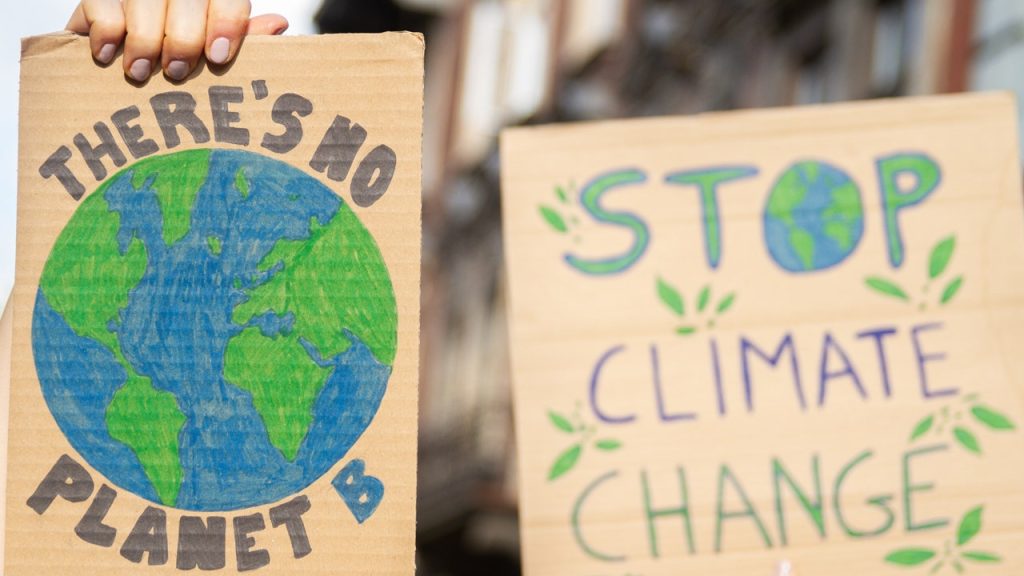The U.S. Supreme Court is considering taking up a case involving the city of Honolulu suing major fossil fuel companies, such as Exxon and Chevron, for causing climate change. The city claims that the companies failed to warn consumers about the risks associated with their products and are seeking billions of dollars in damages to address the effects of climate change. The companies appealed to the Hawaii Supreme Court, arguing that federal law prevents individual states from shaping energy policies for all states, but the state court ruled that the case should advance to trial.
Consumer and legal experts are hoping that the U.S. Supreme Court will intervene in the case to avoid potential negative impacts on everyday Americans, should the case result in significant judgments against oil corporations. Critics believe that the lawsuit is a way for left-leaning enclaves to push progressive lifestyle choices onto the public by targeting industries that have not aligned with their ideals. Chief Justice Mark Recktenwald of the Hawaii Supreme Court accused the energy companies of engaging in disinformation campaigns to downplay the climate impacts of their products, leading to property damage in Honolulu. The Climate Judiciary Project, funded by left-wing nonprofits, aims to educate judges on handling climate change litigation.
Other justices on the Hawaii Supreme Court criticized the U.S. Supreme Court and questioned its legitimacy, suggesting that the Court’s originalism philosophy could harm public confidence and expose it to criticisms about its legitimacy. Associate Justice Todd Eddins raised concerns about allowing the U.S. Supreme Court to make decisions that could affect future generations and questioned the influence of originalism, citing landmark cases like Dobbs v. Jackson Women’s Health and New York State Rifle & Pistol Ass’n, Inc. v. Bruen. Justice Sabrina McKenna emphasized the importance of addressing climate change as an existential threat facing all courts globally.
Critics of the lawsuit argue that Honolulu’s case could have far-reaching implications that would increase costs for everyday Americans in industries like food, transportation, and travel, potentially making basic necessities unaffordable. The oil companies have appealed to the Supreme Court, claiming that federal law preempts state law under the Clean Air Act, which aims to regulate air pollution nationwide. Judicial Crisis Network President Carrie Severino argues that one state court in Hawaii should not dictate climate policy for the entire nation and that Congress should be responsible for setting national policies on climate change. The oil companies are seeking a resolution to the case through the U.S. Supreme Court.
Climate change activist groups have praised the Hawaii Supreme Court decision to advance the lawsuit, stating that it will aid Honolulu in addressing the effects of climate change and increasing resilience. Honolulu’s Office of Climate Change, Sustainability and Resiliency plans to continue pursuing the case in trial court to hold the fossil fuel companies accountable for their contributions to climate change. Critics believe that the lawsuits against oil companies aim to secure large financial judgments to fund efforts to mitigate global climate change, potentially placing a burden on everyday Americans who are already struggling with rising costs of living. The oil companies have officially petitioned the U.S. Supreme Court to intervene in the case, emphasizing its significance for a vital industry.


